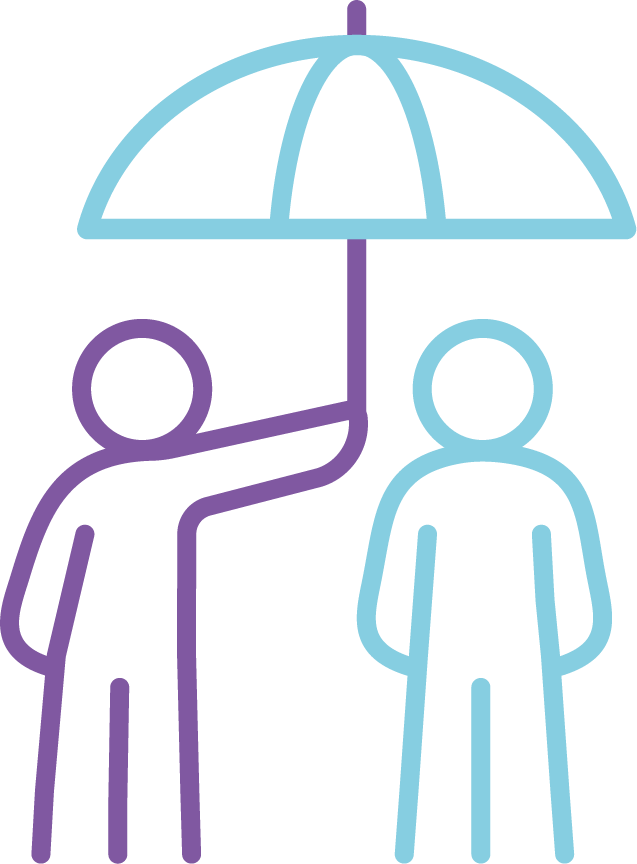How to report gang violence, gun crime or knife crime
In an emergency, dial 999. In a non-emergency, dial 101.
For more ways to report, visit Greater Manchester Police website.
If you’d like to report anonymously, contact Crimestoppers on 0800 555 111. Crimestoppers is a charity that’s entirely independent of police.
Worried about a child?
Young people join gangs for different reasons. They might join a gang to:
- gain respect and status
- make friends
- feel a sense of belonging
- experience excitement or thrills
- find a substitute family
- have a feeling of power
- earn money
- fit in with friends (peer pressure)
- benefit from the gang’s protection
Street gangs and serious organised crime gangs are often large and structured. Gang members have varying seniority and influence. Those higher up the chain manipulate, exploit and threaten those beneath them. The people at the bottom of the chain, often young people, are instructed to carry out criminal activities.
Vulnerable young people and adults are often groomed by criminal gangs, sometimes being promised, or ‘rewarded’, with gifts for carrying out criminal tasks. They become trapped and are exploited. Violence, or the threat of violence, is often used to ensure they comply.
Usually, a sudden change in a child’s behaviour or lifestyle can indicate there’s something wrong. Here are ten signs to look out for that might indicate a child has become involved with a gang:
- Dressing in a specific style associated with gangs
- Behaving badly
- Talking differently, using new slang or language with an aggressive tone
- Doing poorly in school results or skipping school
- Carrying weapons
- Having unexplained injuries
- Having unexplained sums of money or new possessions
- Staying out unusually late
- Putting graffiti-style tags on possessions
- Listening to music that glorifies weapons/gang culture
Most people associate gangs with boys and men, but girls and women can be affected too. They may be asked to hide weapons or drugs and are sometimes targeted by male gang members in acts of revenge or initiation. Girls linked to gang members (e.g. relatives, girlfriends, friends or daughters) are at risk of emotional, physical and sexual violence.
Help for young people
You might’ve been pressured and intimidated to join a gang or groomed and manipulated from a young age. A gang member might’ve used violence or threatened you with violence to make you comply.
Or you might carry a knife for respect and status, to gain friends or on behalf of friends. Or maybe you’re being bullied at school or intimidated within the community and it’s for protection and makes you feel safe. Carrying a knife, no matter the reason, is illegal.
If you’re in a gang and want to get out, or if you’re worried about gang violence, gun crime and knife crime, there’s help available.
Contact us and we can direct you to appropriate services, or call the Childline helpline on 0800 1111 or the NSPCC helpline on 0808 800 5000.
You could also speak with a trusted member of staff at school or college. Or confide in a friend and seek help together.





